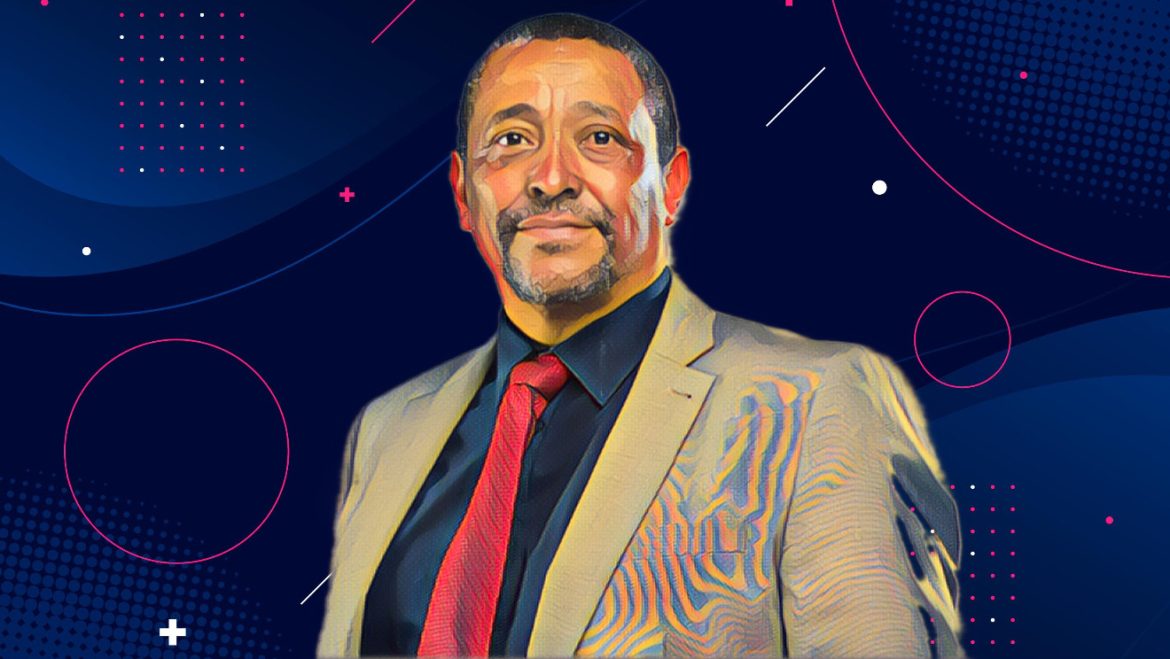Eskom Distribution Managing Director Monde Bala has signaled the utility’s readiness to explore the integration of an Electricity Credit Token (ECT) financial instrument. This move aims to accelerate the implementation of a virtual wheeling model, facilitating transactions between multiple generators and customers across various locations.
Over the past year, Eskom and Vodacom have jointly developed and piloted a virtual wheeling platform, with plans to launch it by the end of 2024. Meridian Economics has since proposed an enhancement to this scheme, suggesting the use of ‘token wheeling’. This approach would create a liquid secondary market for ECTs generated when independent power producers (IPPs) supply electricity to the grid for sale through a virtual wheeling platform.
According to Meridian, the ECT will function as a “tradeable, standardized, contractually recognized claim to a credit on an electricity account”. Dr. Grové Steyn, Managing Director of Meridian Economics, presented this concept during a webinar hosted by EE Business Intelligence. He argued that the introduction of ECTs could improve the viability of IPP projects by mitigating credit risks associated with the current virtual wheeling platform, which relies on securing an Eskom refund post-payment.
This innovative approach would allow customers to receive a credit on their municipal accounts upon presenting ECTs, with municipalities aggregating these credits for their bulk Eskom accounts. Bala, recognizing the potential of this concept, described the ECT proposal as a groundbreaking idea that could attract much-needed private investment into electricity generation by de-risking virtual wheeling.
However, Bala also acknowledged the complexities involved in introducing such a financial instrument and emphasized the need for further work and consultation to make it implementable. He suggested that the token wheeling proposal be further discussed with stakeholders in workstream nine of the National Energy Crisis Committee (Necom), which focuses on market and wheeling interventions to address South Africa’s load-shedding crisis.
Bala, who chairs the workstream, pointed out that the development of the virtual wheeling platform with Vodacom took over two years from concept to proposed implementation. He anticipates a similar timeframe for securing the necessary governance approvals for the introduction of ECTs.
This development marks a significant step in Eskom’s efforts to innovate in the energy sector, potentially revolutionizing how electricity transactions are conducted and enhancing the stability and efficiency of South Africa’s power grid.



